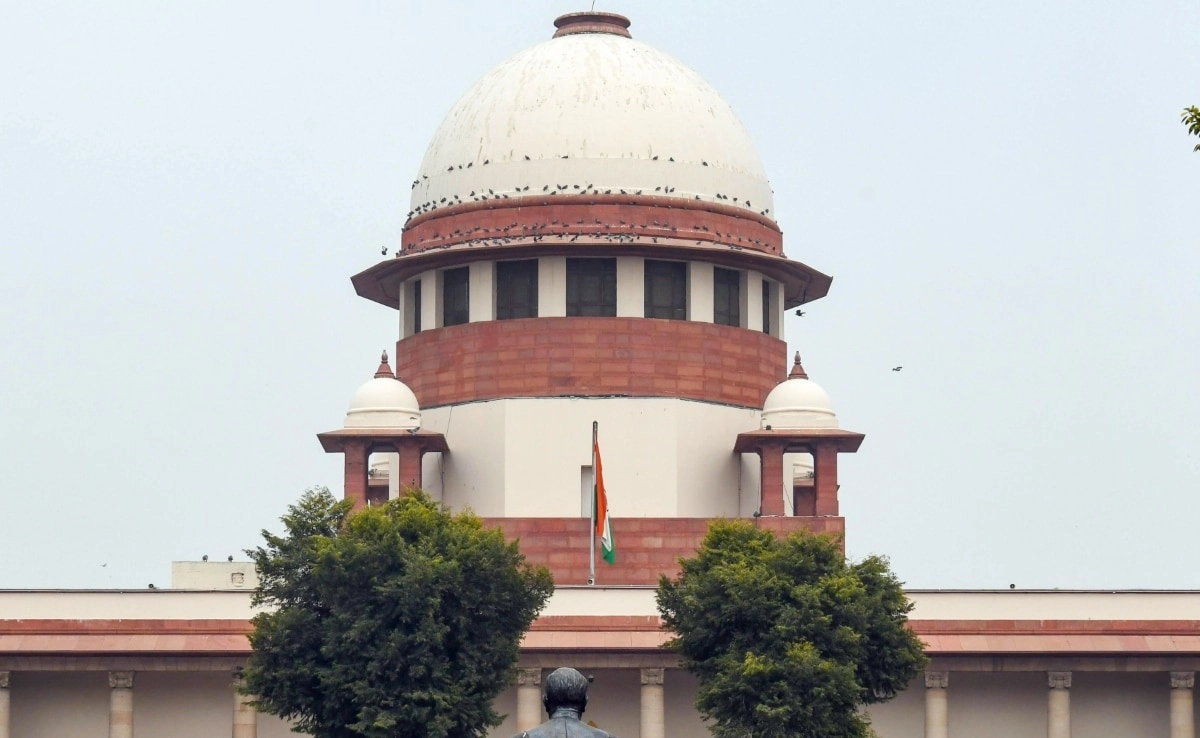In light of recent tensions surrounding judicial decisions and government actions, top government officials have emphasized the paramount importance of respecting the judiciary. This sentiment underscores a fundamental principle in democratic societies: the separation of powers. The judiciary plays a crucial role in maintaining the rule of law, ensuring that justice is administered fairly and impartially. When disputes arise between branches of government or when legal rulings are challenged, it is vital to uphold the integrity of the judiciary to preserve public trust in the legal system.
The current row has sparked widespread debate about the boundaries of governmental authority and the independence of the judiciary. Officials have reiterated that any disagreements with judicial rulings should be addressed through appropriate legal channels rather than through public disparagement or political maneuvering. Such respect for judicial decisions is essential not only for maintaining institutional integrity but also for fostering a culture of accountability and transparency. The government’s commitment to this principle is seen as a necessary step to reinforce the rule of law and to protect the rights of individuals.
Furthermore, the administration’s stance highlights the need for constructive dialogue between the legislative, executive, and judicial branches. By engaging in meaningful discussions and acknowledging the judiciary’s role, the government can work towards resolving conflicts without undermining the legal framework. This approach not only strengthens democratic governance but also reassures citizens that their rights are safeguarded by an impartial judiciary. In a time when trust in institutions is crucial, reaffirming respect for the judiciary is not just a legal necessity, but a moral imperative that reflects the values of justice and equality before the law.




